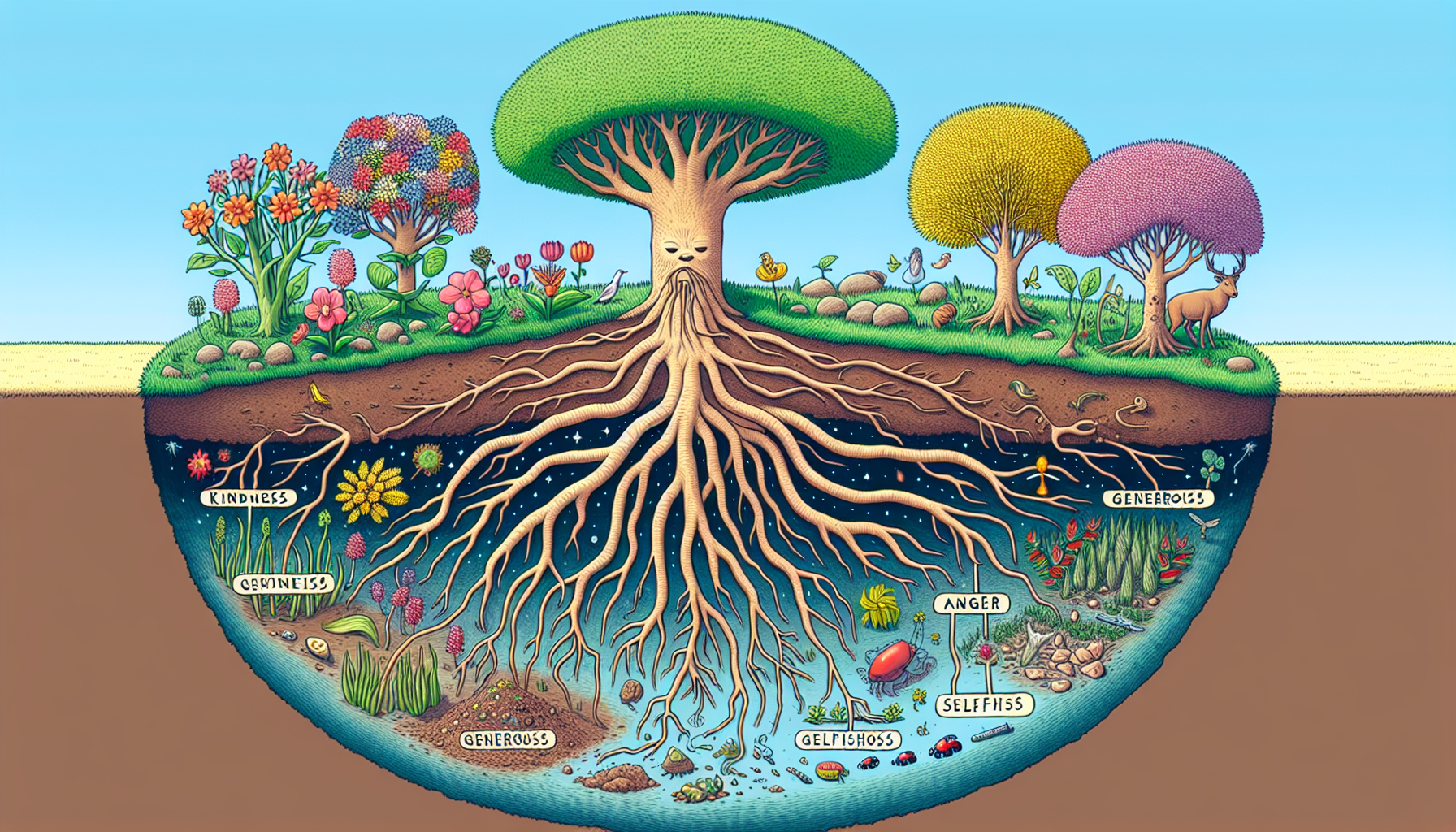The Art of Storytelling in Virtual Events

Storytelling is a timeless form of communication that transcends cultural and geographical boundaries. In the context of virtual events, storytelling plays several crucial roles:
Engagement
A well-crafted narrative draws attendees in and maintains their interest throughout the event. Unlike traditional presentations that may present data in a dry manner, storytelling evokes emotions and creates relatable content. For example, a speaker sharing a personal journey can create a vivid picture that resonates with the audience, keeping them engaged.
Connection
Stories have the unique ability to create a sense of community among participants. When speakers share personal anecdotes or case studies, attendees can see themselves reflected in those narratives. This connection fosters a sense of belonging and encourages interaction, transforming a passive viewing experience into an active dialogue.
Retention
Research has shown that information conveyed through stories is often retained more effectively than data presented in isolation. A compelling narrative allows attendees to remember key messages long after the event has concluded. For instance, a business leader sharing a success story about overcoming challenges can leave a lasting impression on participants, reinforcing the event's core messages.
Crafting Compelling Narratives
To harness the power of storytelling in virtual events, planners must consider several essential elements when crafting narratives:
Know Your Audience
Understanding the audience's interests, challenges, and demographics is paramount. Tailor stories to resonate with their experiences and aspirations. For instance, if the audience comprises young professionals navigating their careers, integrating relatable scenarios can enhance the relevance and impact of the narrative.
Structure Your Story
A strong narrative typically follows a three-part structure: beginning, middle, and end. The beginning should introduce a relatable challenge or situation, the middle should explore the journey and conflicts faced, and the conclusion should provide resolution and key takeaways. This structure keeps the audience engaged and provides a clear framework for understanding the story.
Use Visuals and Interactive Elements
Visual storytelling can significantly enhance engagement levels. Incorporating images, infographics, and videos that complement the narrative helps to create a more immersive experience. Additionally, interactive elements like polls, Q&A sessions, or breakout discussions can make the story more dynamic, allowing attendees to participate and share their perspectives.
Incorporate Personal Anecdotes
Personal stories often resonate more deeply than abstract concepts. Encourage speakers to share their experiences, challenges, and triumphs. For example, a successful entrepreneur discussing their journey to build a startup not only provides valuable insights but also creates an emotional connection with the audience, fostering relatability and engagement.
Supporting Examples
Numerous organizations have effectively utilized storytelling in their virtual events, demonstrating its impact on engagement and connection:
TEDx Talks
Renowned for their powerful narratives, TEDx speakers often share personal stories that encapsulate their messages. This approach not only captivates viewers but also fosters a strong emotional connection, making the content more impactful and memorable.
Salesforce Dreamforce
This annual event exemplifies storytelling by showcasing customer success stories. By sharing real-life examples of how their products have transformed businesses, Salesforce effectively illustrates the value of their offerings while creating relatable content for attendees.
Virtual Conferences
Many virtual conferences now offer storytelling workshops, training speakers to weave narratives into their presentations. These workshops emphasize authenticity and relatability, enhancing the overall experience for participants and encouraging deeper connections.
In the landscape of virtual events, storytelling emerges as a powerful tool that can elevate the attendee experience from ordinary to extraordinary. By understanding the audience, structuring narratives effectively, leveraging visuals and personal anecdotes, and drawing inspiration from successful examples, event planners can create engaging and memorable virtual experiences. As the world of virtual events continues to evolve, mastering the art of storytelling will be essential for capturing attention and leaving a lasting impact on audiences. Embrace the narrative—it's not just about sharing information; it's about forging connections, inspiring change, and creating shared experiences in the digital age.
Virtual Event Producer
Event management companies, marketing agencies, corporate organizations
Core Responsibilities
Design and execute engaging virtual event experiences, ensuring seamless integration of storytelling elements.
Manage logistics, including platform selection, technical setup, and speaker coordination, to enhance the narrative flow.
Collaborate with marketing teams to promote events using compelling narratives and audience-centric messaging.
Required Skills
Proficiency in virtual event platforms (e.g., Zoom, Webex, On24) and experience with live-streaming technologies.
Strong project management skills with the ability to multitask and adapt to changing dynamics.
Excellent communication skills to liaise with speakers and stakeholders effectively.
Content Strategist for Events
Nonprofit organizations, educational institutions, corporations
Core Responsibilities
Develop a content strategy that incorporates storytelling to enhance the attendee journey at virtual events.
Create compelling narratives for promotional materials, speaker scripts, and post-event content.
Analyze audience engagement and feedback to refine storytelling approaches for future events.
Required Skills
Expertise in content marketing, with a strong grasp of SEO principles and audience segmentation.
Exceptional writing and editing skills, with the ability to craft engaging narratives across various formats.
Familiarity with analytics tools to measure content performance and audience engagement.
Digital Storyteller
Creative agencies, media companies, organizations focused on digital marketing
Core Responsibilities
Create multimedia content that tells a compelling story across various digital platforms, particularly for virtual events.
Collaborate with event planners to weave narratives into presentations, videos, and interactive elements.
Utilize data-driven insights to tailor stories that resonate with specific audience segments.
Required Skills
Proficient in multimedia design software (e.g., Adobe Creative Suite) and video editing tools.
Strong storytelling abilities with a background in journalism, marketing, or communications.
Experience in social media management to promote event narratives effectively.
Event Marketing Specialist
Marketing firms, corporate marketing departments, non-profit organizations
Core Responsibilities
Develop and execute marketing campaigns that leverage storytelling to attract attendees to virtual events.
Craft engaging promotional content, including emails, social media posts, and landing pages that highlight key narratives.
Monitor campaign performance and adjust strategies based on audience response and engagement metrics.
Required Skills
Strong understanding of digital marketing techniques and tools, including email marketing platforms and social media analytics.
Excellent copywriting skills with an emphasis on persuasive storytelling.
Ability to work collaboratively with cross-functional teams to ensure cohesive messaging.
Speaker Coach for Virtual Events
Event production companies, professional coaching organizations, corporate training departments
Core Responsibilities
Train and prepare speakers to effectively use storytelling techniques to engage virtual audiences.
Provide feedback on presentation styles, narrative structure, and audience interaction strategies.
Assist in developing speaker content that resonates with diverse virtual audiences.
Required Skills
Expertise in public speaking and communication, with a focus on narrative delivery and audience engagement.
Strong interpersonal skills to build rapport with speakers and provide constructive feedback.
Experience in event production or public speaking training is a plus.


